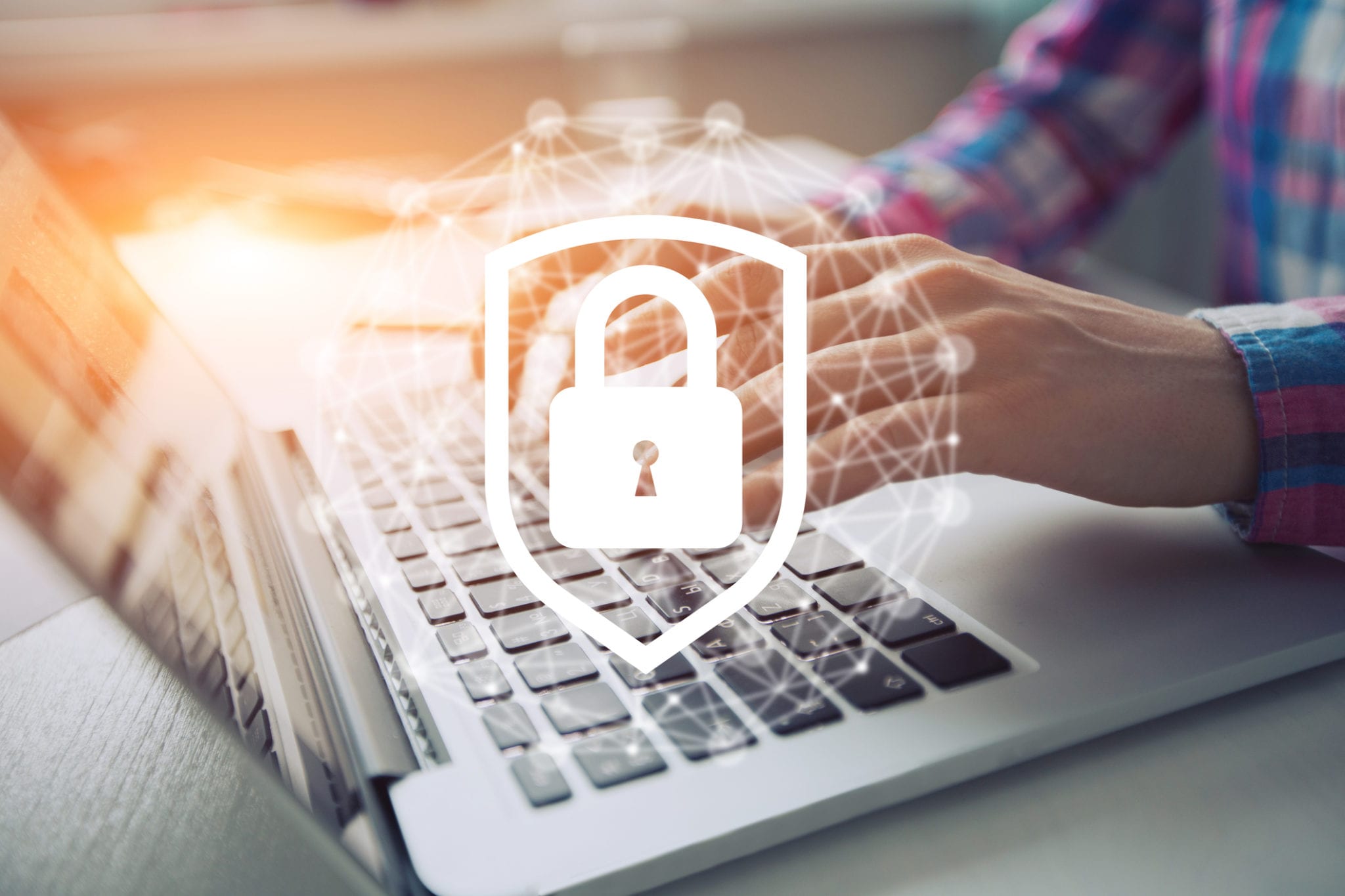How to Avoid Scams and Keep Your Finances Secure
The Federal Trade Commission received 3.2 million reports of fraud in 2019, resulting in consumers losing more than $1.9 billion to financial fraud. These scams aim to steal, deceive or manipulate their way to your money. This is done by attempting to gain banking or credit card information, personal information (social security number, birth date, etc.), or access to your devices with the goal of obtaining your money fraudulently.
From January 1, 2020 through April 15, 2020, The FTC reported $13.44 million dollars already lost to financial scams this year. Don’t fall prey. Learn how to be vigilant and educated in keeping your financial and personal information safe.
Scams Don’t Discriminate
Scams prey off vulnerable situations and victims of these scams range from millennials to seniors. Don’t assume that you are “too smart” to fall for a scam. According to the FTC, everyone—regardless of age, education, gender, geographic location or ethnicity—can fall victim to scams.
How Do Scams Happen?
Scams trick you by looking legitimate. (Some more than others.) Scammers try to take advantage of you through scare tactics and impersonating institutions or people you know by sending seemingly normal correspondence that ask you for cash, payment or personal information. They can do this several different ways:
- Phishing – When a scammer tries to impersonate a trusted source and requests or seeks to gain personal information.
- Spoofing – When a scammer tries to disguise a communication as a trusted source in order to imbed malicious malware that can damage your operating system and critical applications while it scans for information.
Both phishing and spoofing can be done through emails, texts, phone calls, social media, pop-ups or bogus websites claiming to be trusted sources.
How to Identify a Scam
If it looks or seems too good to be true, it probably is. Be wary of anything that requires you to “pay a fee” in order to claim a prize.
Some red flags of fraudulent activity include:
- Claiming “free money”
- Flashy images (piles of cash, expensive cars)
- A new website domain (may indicate a fake website)
- Unexpected prizes if you “pay a fee”
- Access to COVID-19 tests*, treatments or high demand products
- Stimulus checks or tax refunds that you have to pay a fee to access
*As of May 18, 2020, there are currently no at-home COVID-19 tests or treatments available to consumers.
Remember, your bank, the government and legitimate businesses will never randomly call you and ask for your personal information or account information and will never request you to pay or send money via money transfer or by putting it on a gift card.
Avoiding Scams
One way to avoid being scammed is to be familiar with how businesses normally correspond with you. If you receive a call or text claiming to be from your utility company but they usually email you, do not respond! This has the potential to be a scam.
The most important thing to remember is to keep your personal information safe. Here are some ways to do so:
- Check all of your financial accounts as often as possible—daily is best
- Don’t click on URLs or links from unsolicited emails, texts or on social media
- Never respond to unsolicited correspondence: hang up, delete, ignore and report
- Never allow remote access to your devices
- Be wary of unusual payment methods (bitcoin, money transfer, gift cards, etc.)
Help Spread the Word
If you see a scam, notify your local authorities and report it to the Federal Trade Commission at ftc.gov/complaint right away. Share the information with your friends and family, and help spread the word by reporting suspicious activity on social media. Visit maine.gov or consumer.ftc.gov for more information on reporting scams and frauds.
Auburn Savings is committed to keeping your financial information safe, private, and secure. In fact, your security is our priority. Remember, as your financial institution we will never call, email, text or contact you requesting personal information or payments.
When it comes to safeguarding against fraud: you can bank on us.

